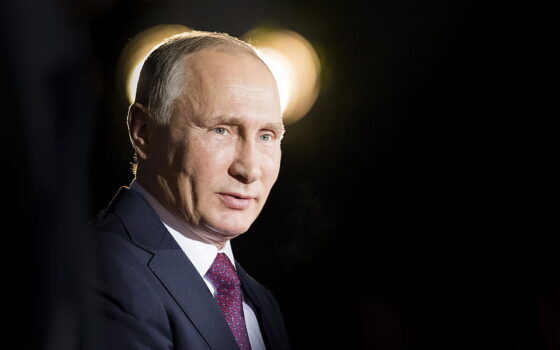 Russian President Vladimir Putin commenced his new six-year term on Tuesday, emphasizing the West’s pivotal decision between confrontation and cooperation in his inauguration speech at the Kremlin. The ceremony, boycotted by the United States and several allies, underscored the escalating tensions between Russia and the West.
Russian President Vladimir Putin commenced his new six-year term on Tuesday, emphasizing the West’s pivotal decision between confrontation and cooperation in his inauguration speech at the Kremlin. The ceremony, boycotted by the United States and several allies, underscored the escalating tensions between Russia and the West.
Addressing dignitaries in a grand Kremlin hall, Putin expressed gratitude for Russia’s soldiers in Ukraine and hailed his landslide re-election victory in March as a testament to the nation’s unity and trajectory. At 71, Putin’s grip on domestic politics remains unyielding.
Despite tensions, Putin extended an olive branch, expressing openness to dialogue with the West, including discussions on nuclear disarmament. However, he presented a stark ultimatum, urging Western nations to choose between adversarial policies or seeking common ground for cooperation and peace.
As Russia’s military presence looms large in eastern Ukraine, recent remarks by top U.S. intelligence officials suggest a perception of Putin’s growing confidence. The conflict’s resolution hinges on various factors, including the outcome of the U.S. presidential election and Putin’s strategic decisions.
Putin’s enduring tenure, spanning over two decades, places him in a historical league, surpassing even Soviet leader Josef Stalin’s tenure. Yet, his re-election victory, marred by opposition allegations of electoral misconduct, drew international criticism and boycotts from key allies.

Biden Withdraws From 2024 Presidential Race, Endorses Kamala Harris
Global Technology Outage Disrupts Key Services Across Multiple Countries
Paul Kagame Wins 99% of Vote In Rwanda’s Presidential Election
Authorities Investigate Shooting At Trump Rally As Assassination Attempt